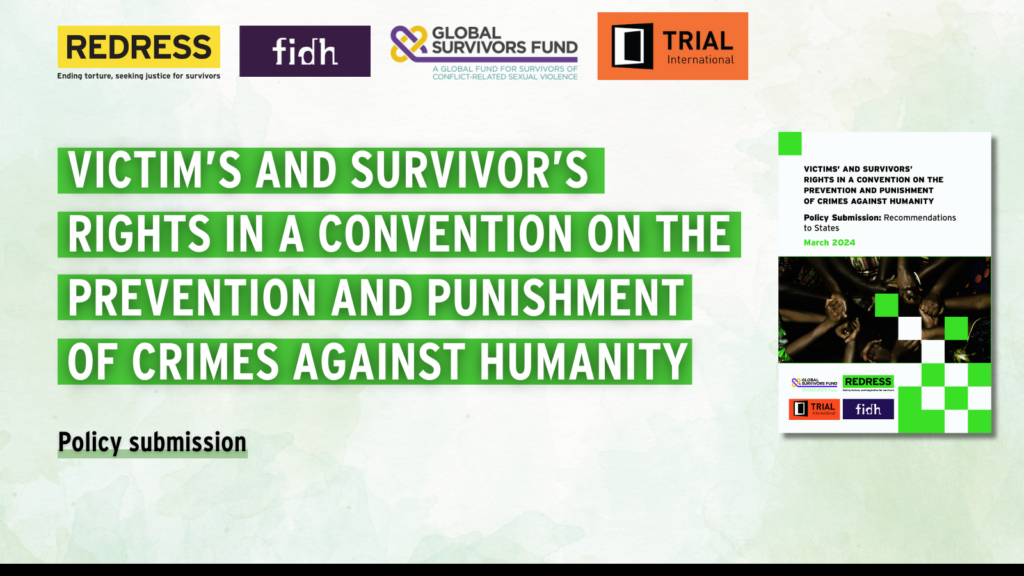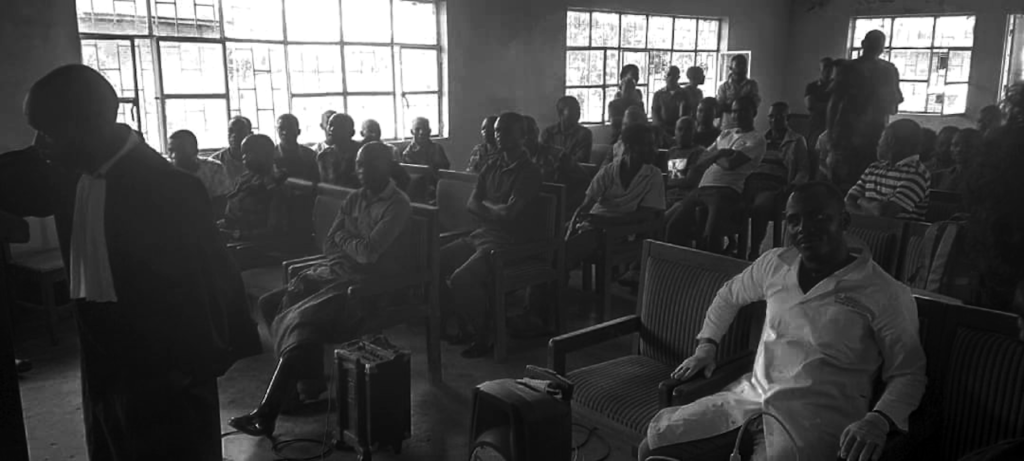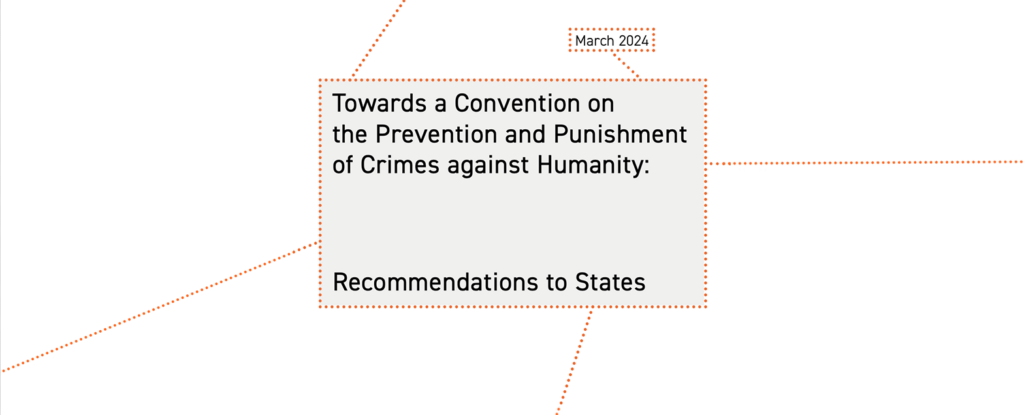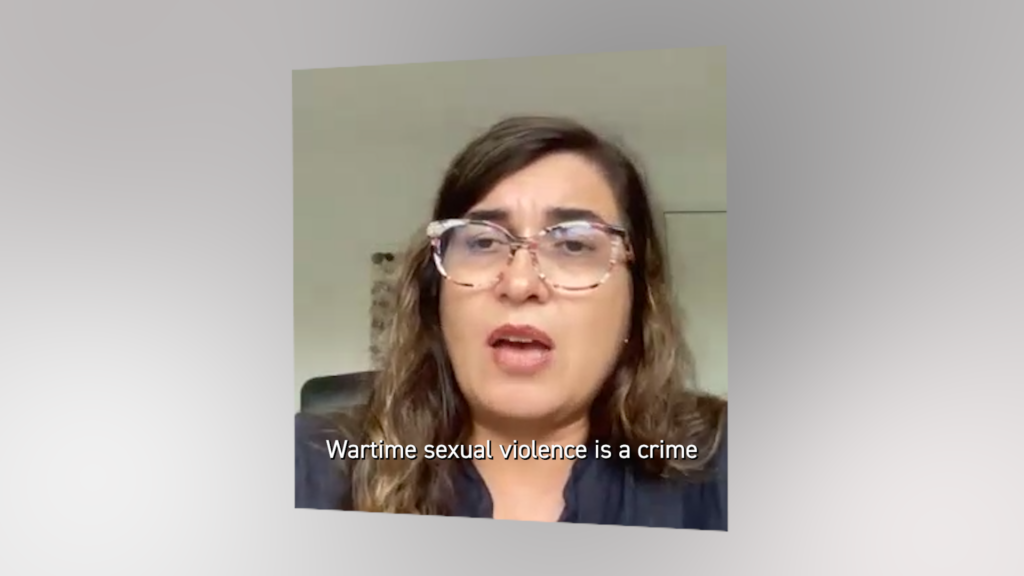Nepal’s legislation on sexual violence is insufficient and poorly implemented
TRIAL International and its partner in Kathmandu, the Human Rights and Justice Centre (HRJC), have submitted a detailed analysis of Nepal’s legislation on sexual violence. Although progress is registered on the paper, in practice, the relevant norms often remain unimplemented.
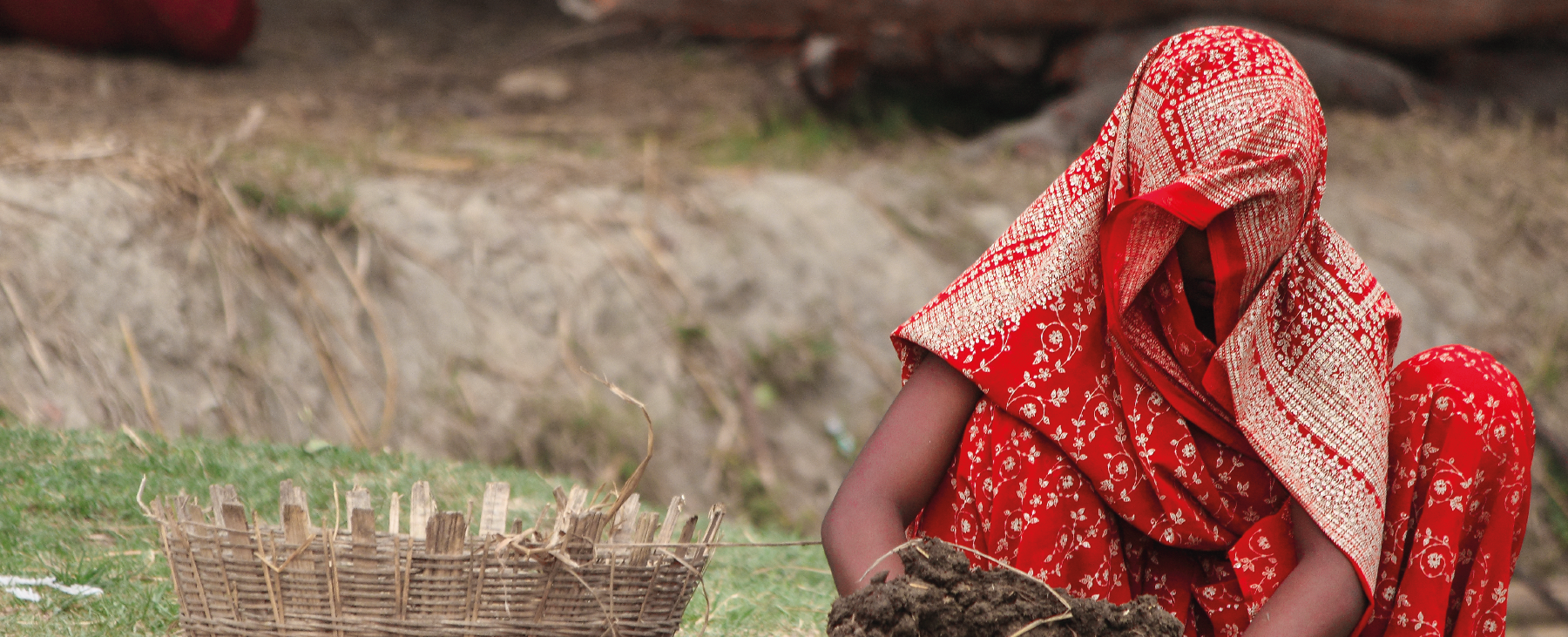
The organizations produced the report at the invite of the United Nations Special Rapporteur on Violence against Women, its Causes and Consequences (“the Special Rapporteur”). Submissions will support her thematic report on States’ responsibility to recognize rape as a grave and systematic human rights violation and gender-based violence against women, due later in 2020.
Legal loopholes fail to recognize all forms of violence, against all victims
The report notes an overarching gender bias in Nepal’s legislation, resulting in the exclusion of men, male children or transgender individuals from potential rape victims. Likewise, a narrow definition of rape leaves out a number of sexual crimes, which are qualified as “sexual harassment” instead. This in turn results in lesser sentences for the culprits, often not commensurate to the seriousness of these conducts.
An additional limitation of the law relates to the statute of limitation (the time after which rights offenses cannot be punished) on rape and other forms of sexual violence. Depending on the situations, the statute goes from 35 days – including for conflict-related sexual violence – to a year.
A statute of limitation on rape and other forms of sexual violence does not factor in the fear and stigma faced by victims. TRIAL International and the HRJC side with international human rights mechanisms, such as the Committee on the Elimination of Discrimination against Women, in demanding that the statute of limitation for these crimes is repealed.
Last but not least, the organizations flagged in their report that in Nepal, rape is not criminalized as a war crime or crime against humanity.
Significant discrepancies between theory and practice
In other instances, TRIAL International and the HRJC acknowledged that the law was satisfactory on the paper, but poorly applied.
For instance, the practice of “reconciliation” between victims and perpetrators is not officially recognized in the law but remains common. Such behavior is often obtained by putting the victims under threat and duress, directly fueling impunity and jeopardizing the well-being of the victim. An aggravating factor is that the police is responsible for the victim’s security, yet the police themselves are often part of arranging the “reconciliation”.
Addressing the root of the problem
During her visit to Nepal in 2018, the Special Rapporteur had noted a favorable environment for the commission of violence against women and the ensuing impunity. In her words, “violence against women in Nepal is pervasive, occurring in both the private and the public spheres throughout the country, and is further compounded by the persistence of entrenched patriarchal attitudes, gender stereotypes and harmful practices.” None of her subsequent recommendations concerning the transitional justice process have been implemented yet.
“Nepal’s authorities have been slacking in their duty to fight sexual violence, and especially conflict-related sexual violence” explained Cristina Cariello, Head of the Nepal’s program at TRIAL International. “The State’s full commitment is absolutely crucial to get to the root of the problem and bring about structural change. It is not the only condition, but it is an indispensable one.”
“We have come in contact with many victims of conflict-related sexual violence whose needs of medical care, livelihood and other essentials are not fulfilled. The State has failed to recognize these victims and addressing their needs holistically” concluded Salina Kafle, Human Rights Officer at the HRJC.

